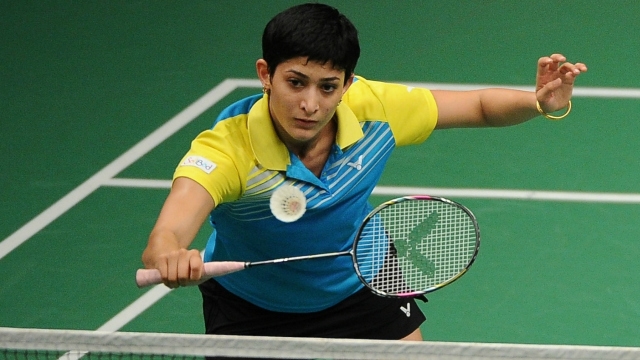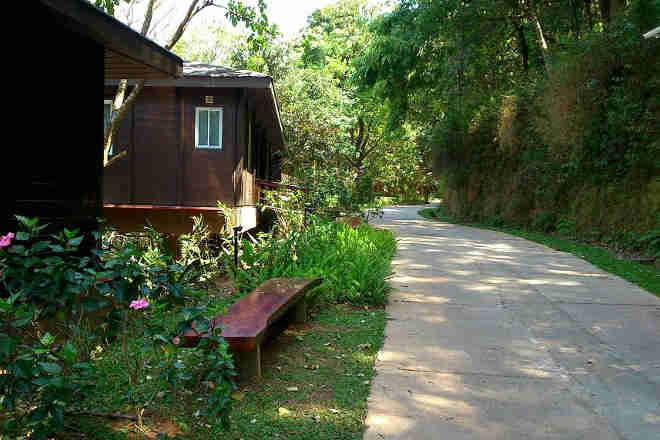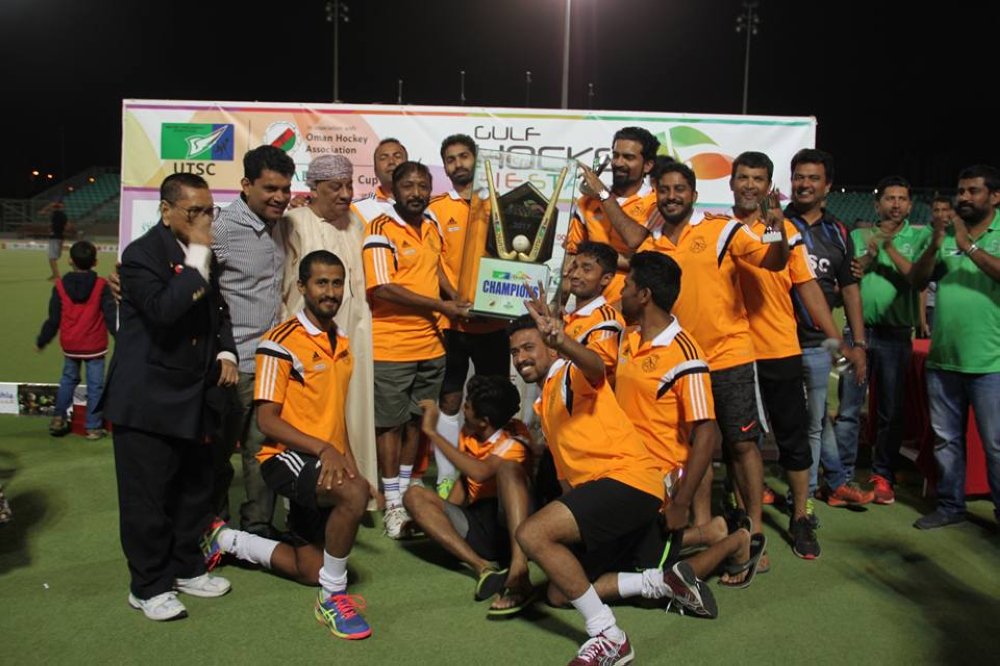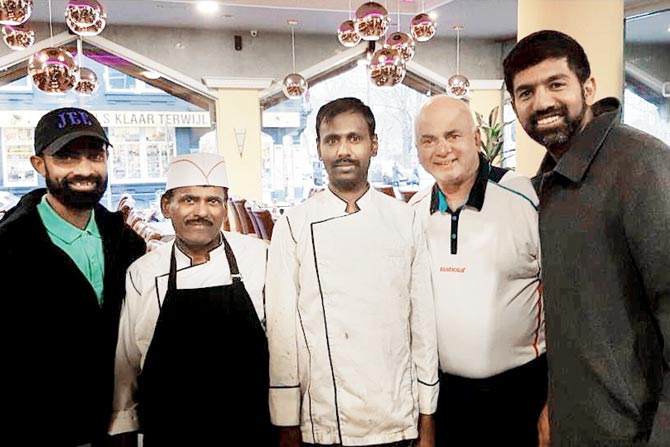
The 27-year-old from Bangalore, who won a gold and a silver at the 2010 and 2014 Commonwealth Games respectively beside clinching a bronze at the 2011 World Championship along with Jwala Gutta, had a good outing at the Syed Modi Grand Prix Gold recently.
Indian women’s doubles shuttler Ashwini Ponnappa on Thursday said former coaches Tom John and Indonesian Yusuf Jauhari believed in her capability and played a major role in improving her net play.
“There are two coaches who have influenced me a lot to improve my net play over the years. Initially it was Tom sir and then Yusuf sir played huge roles in this regard. The best thing about them was they believed in my capability as a net player,” she said. The 27-year-old from Bangalore, who won a gold and a silver at the 2010 and 2014 Commonwealth Games respectively beside clinching a bronze at the 2011 World Championship along with Jwala Gutta, had a good outing at the Syed Modi Grand Prix Gold.
Ashwini, who decided to split with Jwala and pair up with Sikki Reddy in women’s doubles, reached the finals at the Lucknow event and also stunned World No. 4 Denmark pair of Joachim Fischer Nielsen and Christinna Pedersen in the semifinals of mixed doubles event along with her partner B Sumeeth Reddy.
Ashwini said though the Malaysian doubles coach Kim Tan Her has played a huge role in improving her game, but there are many other coaches who have done the same. “Of course, Tan has played a huge role, but there are other coaches who have also played their roles. In fact, a lot of people has a role in developing a player,” she said.
Ashwini said a lot of junior players are going to benefit from Tan because he has the experience and his training is doubles specific. “A lot of junior players are definitely going to benefit a lot from Tan. He has got the experience and his training is doubles’ specific,” he added.
Talking about Sikki Reddy, Ashwini said both of them were still trying to figure out their style of playing. “We are still in the process of figuring out, for we have played just four tournaments so far, and playing with left-handed player like Sikki is a different experience. We are still figuring out whether to rotate a lot or play at the nets vice versa,” she said. “We have a good understanding at the court and it is only going to get better in the future.”
Talking about her encounter against Carolina Marin in singles match in Premier Badminton League, Ashwini said: She could have been stumped as she did not expect I would give a good fight to her,” she said. Ashwini also said it could have been difficult for Carolina to prepare for the match against her as she did not have any knowledge of her singles capability.
source: http://www.dnaindia.com / DNA, Daily News & Analysis / Thursday – February 09th, 2017






